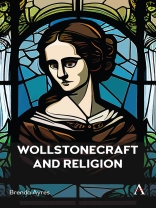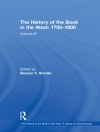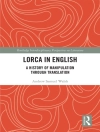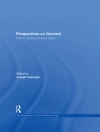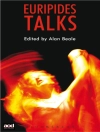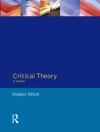Ever since Godwin announced to the world in Memoirs that Wollstonecraft had had little use for religion, most biographers, scholars, historians and readers have regarded her as an apostate. Further, the existing scholarly texts fail to demonstrate the pervasiveness of biblical references in A Vindication of the Rights of Woman. The true tally of scriptural references approaches over 1, 100 as identified in this study. Wollstonecraft’s biblical allusions, besides sheer volume, are noteworthy because they gave women a biblical basis upon which to contend for better education and occupational opportunities as well as for legal and political independence. That the arguments were couched in biblical rhetoric most likely contributed to their initial reception and tolerance of what were incendiary ideas and searing social criticism. The recognition and analysis of biblical underpinnings in Wollstonecraft and Religion not only of Rights of Woman but also of her other publications and letters propose new consideration regarding the Mother of Feminism and her work. The chapters that accompany the annotated text of Rights of Woman furnish biographical and historical context that offer fresh perspectives about Wollstonecraft’s religious convictions and faith, many of which have not been published elsewhere.
Sobre o autor
Dr. Brenda Ayres has been teaching at Liberty University since 2003. To date, she has published 75 books mostly in Victorian and neo-Victorian literature.
